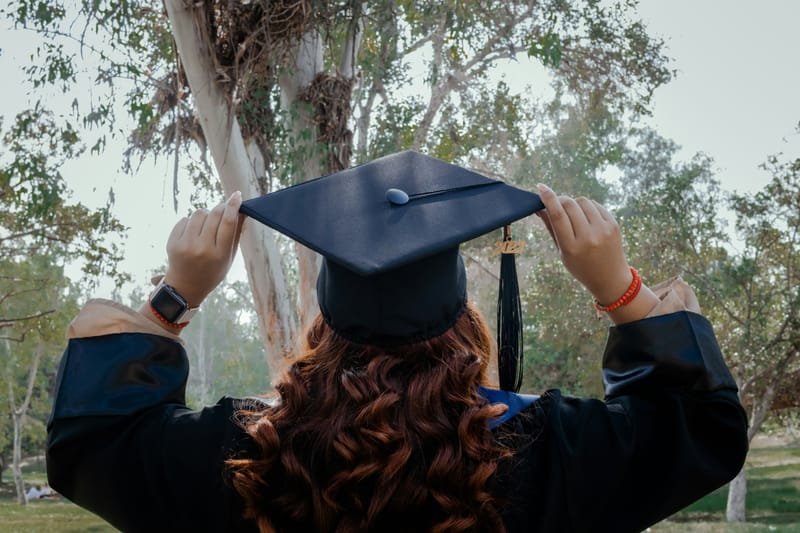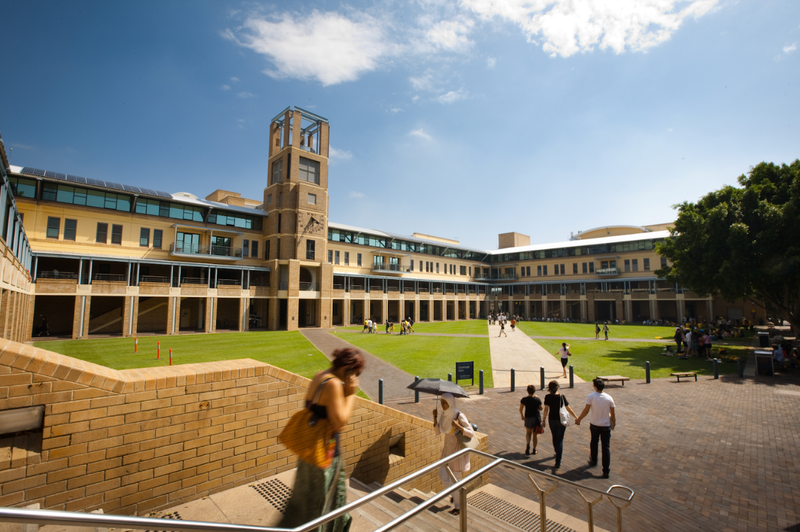English skills a barrier to study and friendships, despite passing language tests
Australia’s international students are struggling to keep up with the language requirements of their courses, which is causing academic, social and professional barriers.

By RAKSHA RAVIKUMAR
Australia’s international students are struggling to keep up with the language requirements of their courses, which is causing academic, social and professional barriers.
International education is Australia’s third largest export, and international enrolments are increasing each year.
International student at the University of Melbourne, Yike Cai, 25, said she finds it hard to communicate with her teachers and classmates.
"Since teachers find it hard to understand me, I ask other Chinese students to clarify my doubts and they translate to me,” she said.
Ms Cai took the International English Language Testing System (IELTS) twice before being granted admission into the course.
“Because I can only have basic conversations in English, I find it hard to build friendships with local students,” she said.
“I just feel very sad and frustrated.”
To improve her English, Ms Cai tries to communicate and read more in English, and watch English-speaking movies.
Ms Cai hopes to find a job as a photographer upon completing her course, as she feels that it does not require a high level of English.
Students who have practised English from a young age are also facing language barriers in Australia.
Ana Maria Aguado, 33, is a Master of Communications and Media Studies student at Monash University.
“I went to a bilingual school in Colombia and have been speaking English since I was five. But when I started studying in Australia, I realised that I struggle with vocabulary and academic writing,” she said.
To improve her English skills, Ms Aguado said she uses apps like ‘Meetup’ and ‘SportsHosts’ to meet locals and improve her English, rather than attending university events.
Ms Aguado said she wasn't able to get the help she needs for assignments that are due after the last week of the semester, since the English language services offered by Monash University are closed.
She has also discovered faculty workshops are more helpful than the university’s English language services, as they are more tailored to her course.
“I learnt important skills like referencing and paraphrasing through the Arts Skills workshop organised by the library,” she said.
Ms Aguado said English proved a professional barrier for her too.
“When I first came to Australia, I got a job as a sales manager at a furniture shop where I faced cultural and language barriers," she said.
"For example, I had to keep asking people to repeat things because of the difference in accent."
RMIT student, Alexander Gudic-Hay, 21, said Australian universities should offer bilingual classes for the benefit of international students.
“English is the language of trade, but Mandarin is the most commonly spoken language across the world. So, it would make sense for our education system to cater to that language,” he said.
“Our education system has the approach that ideas can be communicated only in English, which is wrong. Ideas can be communicated in any language,” he said.
“Instances of plagiarism and essay buying point to the simple truth that students aren’t being offered the academic services that they are paying for.”
Mr Gudic-Hay said the number of such cases of misconduct would reduce if international students were offered the language support they required.
“That language support is definitely not in place,” he said.
Australian Careers and Employment Centre for International Students (ACECIS) director, Naren Chellappah, said the language barrier is difficult for international students.
“We operate on a word-of-mouth basis and most of our students are from China, India, Sri Lanka and Colombia,” he said.
Mr Chellappah said students could benefit from networking using “LinkedIn, Meetup and university associations".
A study by the Department of Education and Training revealed a total of 876,399 international student enrolments in 2018, which contributed $32 billion to the economy last financial year.
The Simplified Student Visa Framework (SSVF), a major reform introduced in July 2016, allowed universities to set their own English language standards for course admissions.





